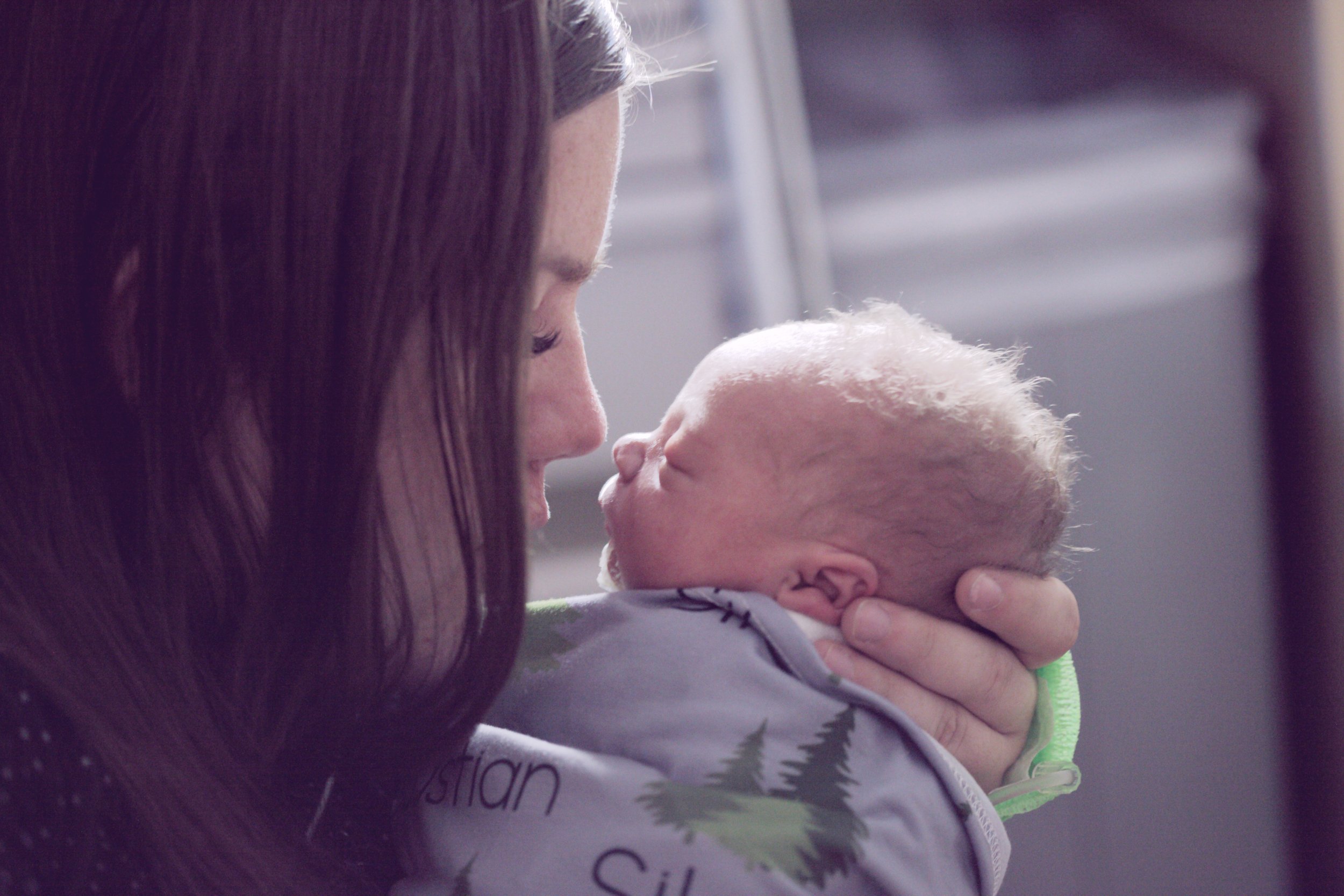WHAT’S POSTPARTUM PSYCHOSIS?
Due to a recent postpartum mood disorder event that’s been in the news, there has been more talk about postpartum psychosis making its rounds in parent circles. Which is actually really important. While postpartum psychosis is very rare, it is important to understand what it looks like, who is most impacted, and where to get help if you or someone you know is suffering with symptoms that match.
This post will outline the data we have on postpartum psychosis, offer information about what symptoms look like, and provide resources for where to get support. Postpartum psychosis is never something you should self-diagnose but it is a serious condition that requires medical attention. So, do reach out to a medical provider or therapist if you are concerned about your postpartum mental health in this way. Even if they don’t have direct experience with postpartum mood disorders, they can get you connected with someone who can help.
As mentioned, postpartum psychosis is extremely rare, impacting 1-2 out of every 1000 birthing people. That’s about 0.01%. The large majority of birthing parents who experience a postpartum mood disorder fall in the categories of anxiety or depression. However, postpartum psychosis is very scary and very serious, so it’s good to be aware of the signs of this particular mood disorder. If you resonate with the following risk factors, you may be experiencing a more severe postpartum complexity. There is no shame in needing help.
Here is a list of factors and symptoms to consider.
Postpartum psychosis generally occurs in the first 2 weeks after delivery
Early sings are extreme restlessness and irratibliity.
Insomnia is a prominent marker of postpartum psychosis. This type of insomnia is often associated with lack of tiredness and a manic state of functioning. It is different from the insomnia associated with postpartum anxiety, where you can’t sleep but do feel fatigues or exhausted.
Rapid mood swings from depressed to elated.
Auditory hallucinations instruction the mother to harm herself or her baby can be present.
Delusions and paranoia can be present for some.
History of bipolar disorder prior to pregnancy is a significant risk factor.
Manic episodes. Mania is considered a hyperactive response that may include excitement, euphoria, or heightened energy and activity levels.
Desire to harm self or baby.
Disorganized, erratic thinking.
Freeling out of your body or dissociated often.
Postpartum psychosis is the most severe of the postpartum mood disorders because it not only impacts your mood but also your sense of reality. Therefore, it is important to speak to someone close to you if you are concerned so that they can help you get an accurate read. Fortunately, postpartum psychosis can be resolved with proper medical and mental health treatment. However, it can indicate the presence of a bipolar disorder if one has not been previously diagnosed and should be monitored long term. Postpartum psychosis is most likely to occur after your first birth but can reoccur in subsequent pregnancies. It’s never inappropriate to discuss it with your doctor if you are concerned.
Where to get help for postpartum concerns?
Whether you’re concerned about postpartum psychosis or you are navigating something less severe, there is help available to get you through this difficult time. Below are some categories of supports that would be helpful to access no matter where you are in your postpartum experience.
Check in regularly with your primary care physician or your OBGN
Discuss the possibility of using medication to mitigate symptoms
Advocate for an appointment sooner than 6 weeks postpartum if you are concerned about your health.
Consider working with a Perinatal Mental Health Therapist. Look for someone with a PMH-C credential.
If you struggle with leaving the house, consider online therapy or an in-home therapy intensive if there is one available in your city.
Join local or online support groups for postpartum mood disorders or postnatal support and community.
Perinatal Bonding Center Day Programs
If you are struggling to bond with your baby or are suffering more significant postpartum depression or anxiety symptoms, check to see if there is a perinatal bonding program at a hospital near you. These programs are more comprehensive, providing valuable education, concentrated therapeutic support, and medication management.
These are all good resources to access at any point postpartum but especially if you are struggling with the symptoms listed above for postpartum psychosis. There is no shame in asking for help. It’s actually a strength and is one of the best things you can do for yourself and your baby. Please reach out if you could use further assistance from me directly or if you need help getting pointed in the direction of a resource in your area. I’m happy to help. You can contact me here.



